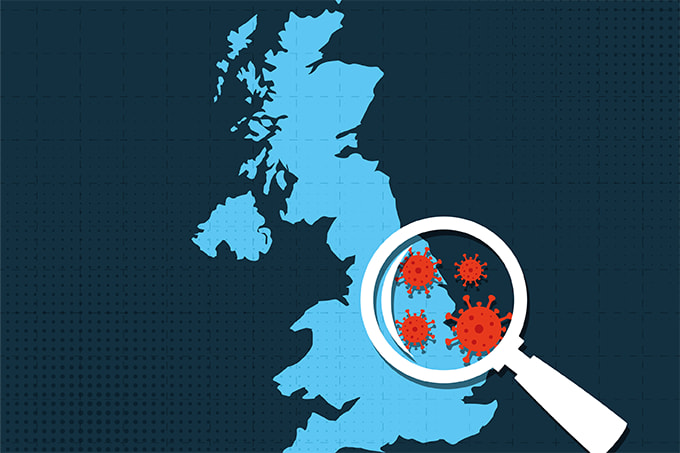Bamidele Farinre
Scientific Advisor (Lab Validation and Quality Assurance)
UK Health Security Agency, London, UK
Tell us a little about your career…
My name is Bamidele Farinre and I’m a biomedical scientist. I started as a medical laboratory assistant (MLA) at Charing Cross Hospital in Hammersmith. Within a few months, I secured another role at St. George’s Hospital as an MLA in the virology department, but with the opportunity to train in the microbiology department as well. And then, within the space of a few months, I secured a role at Great Ormond Street Hospital as a trainee biomedical scientist. That was where I did my IBMS Certificate of Competence.
Soon after, I completed my IBMS specialty portfolio alongside my Master of Science in clinical microbiology. Two years later, I completed my higher specialist training alongside other certifications. Continuous professional development has helped me to reach my current level and become a leader in my field.
What do I do in the lab? Simply put, my job involves saving lives. We test patient samples to diagnose diseases, concentrating on viral causes of infection in the patient population.
What makes your work particularly unique?
I’m a Chief Biomedical Scientist and Scientific Lead on the Mobile Processing Unit for rapid COVID-19 response. It’s an initiative for a quick response to combat SARS-CoV-2 transmission in the community.
An MPU vehicle is a van that is turned into a compact mobile lab with all the required equipment in it. We deploy to areas with outbreaks so that we can provide results faster than if the samples were sent to a traditional lab (which could take 24 hours or more before patients receive results). You can imagine that, during those hours, transmission is ongoing because people don’t know whether they are positive for SARS-CoV-2. We make sure that we put in place infection control measures to reduce the rate of transmission and ensure that people can live their lives. That’s the whole idea behind the MPUV Project.
Why do you think more people aren’t working on initiatives like rapid mobile testing?
On the contrary, I have seen people taking it up, especially private organizations. We are one of the first providers in molecular virology to have mobile labs delivering services at the point of care – but disciplines such as chemistry and hematology were ahead of us. I’ve seen a lot more of these kinds of initiatives underway, so you can imagine the increasing impact of bringing rapid response care to the people who need it in the places where it is most useful.
What’s your favorite part of your work?
When everything is working well! When the equipment is fine, nobody is calling in sick, nothing breaks down, and we can release results in a timely fashion. Our aim is to release results in less than six hours – and not just one result, but all of them.
The beautiful thing about it is that, if the result is negative that’s good news – let’s carry on as normal. And the result is positive, we can take the right actions to contain the spread of disease. The patient can go into isolation, we can begin contact tracing, and so on. That is phenomenal – and that’s the positive side of the project.
So what’s your least favorite part?
When things break down! Every minute on this project is different and things can change quickly. My least favorite part is when things don’t go according to plan – imaging equipment breaks down or we’re short of staff – and I just think, “Is this how the day’s going to go?”
But you expect to encounter impediments at some point in a project like this and I’m proud of the way we respond to it. We’re flexible, adaptable, and we plan ahead. We don’t want things to go wrong, but we can take measures in advance to mitigate the impact when they do.
What one key thing would you like to share about what you do?
I would say it’s a beautiful career – influencing people, impacting lives, and even saving them. Being out in the field and making a difference – not just to the community, but worldwide – is a wonderful feeling.
I will also say: commit to science. As you can see, my logo says, “At the heart of healthcare.” There are a lot of career opportunities in biomedical science (and STEM in general) and it’s never boring. One minute you’re in your lab coat; the next you’re in your everyday clothes. There are a lot of resources available for those interested in researching STEM careers – and those of us already in those careers are always happy to provide more information. Welcome aboard!




